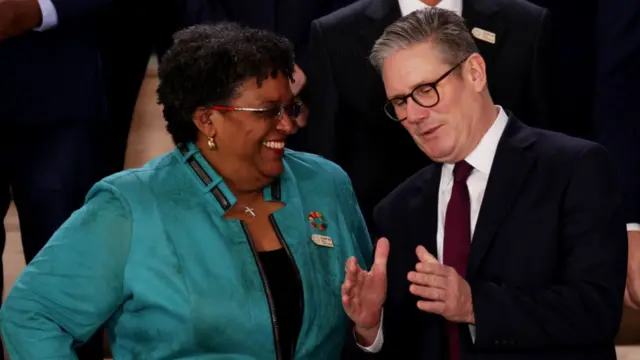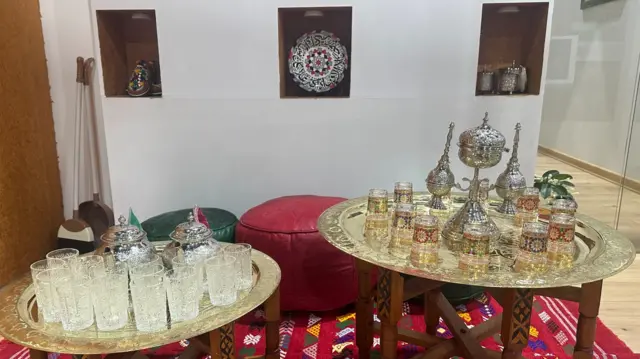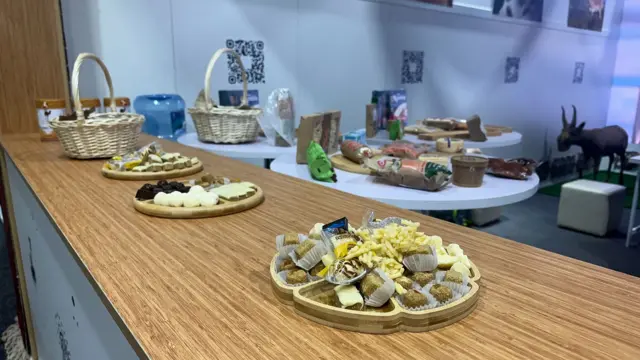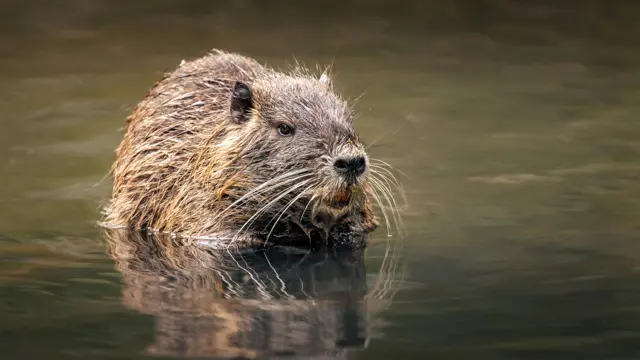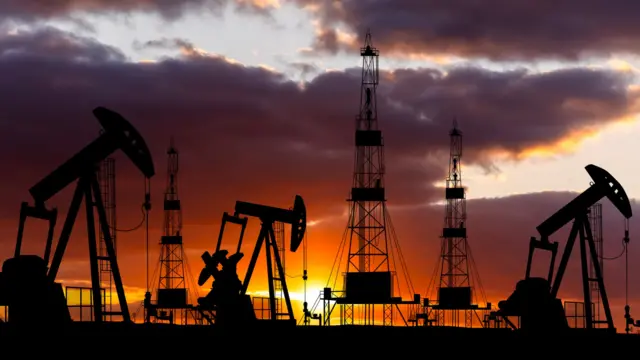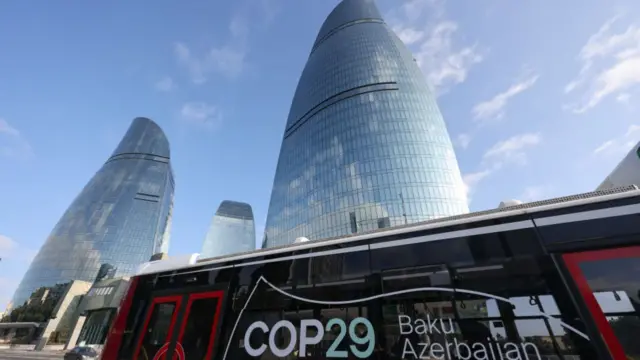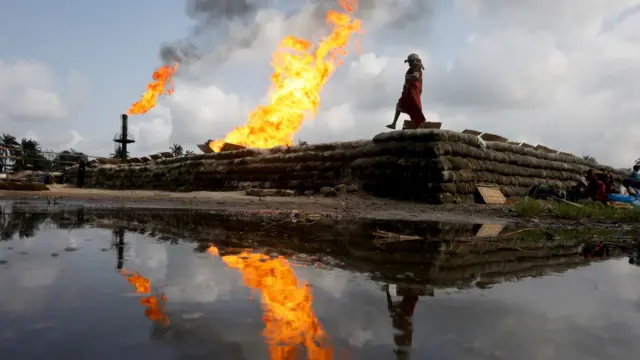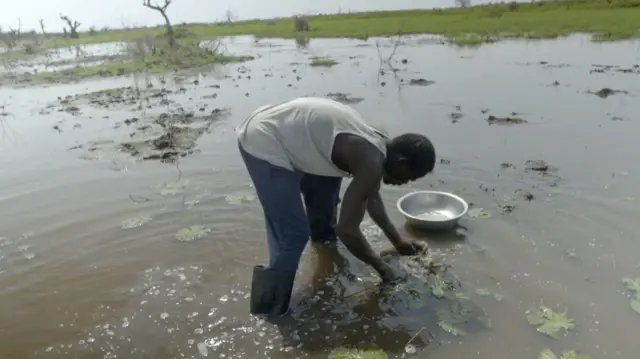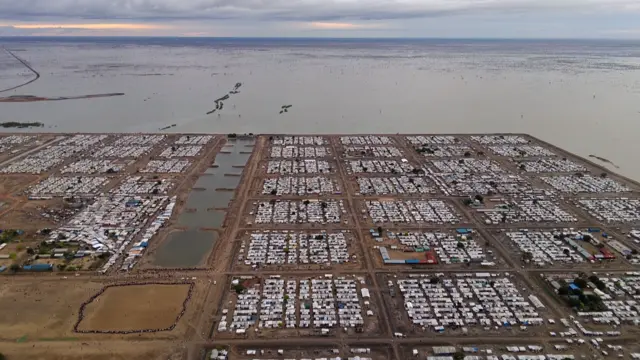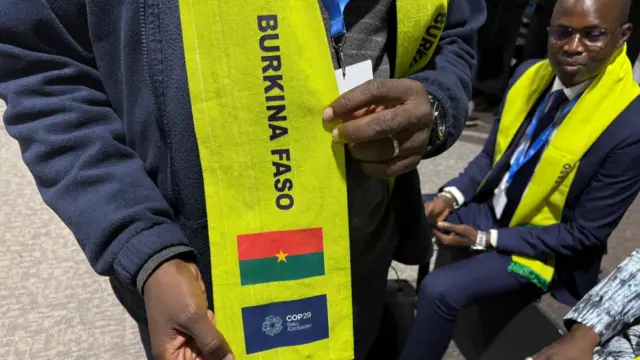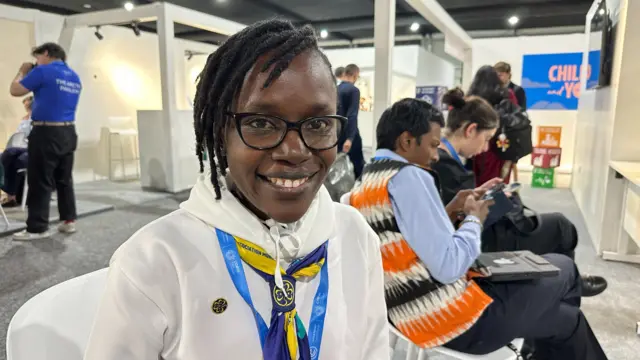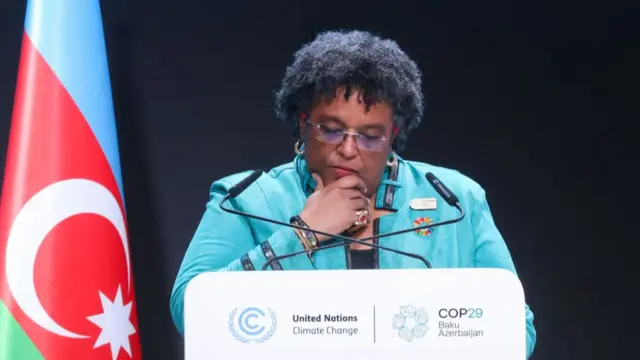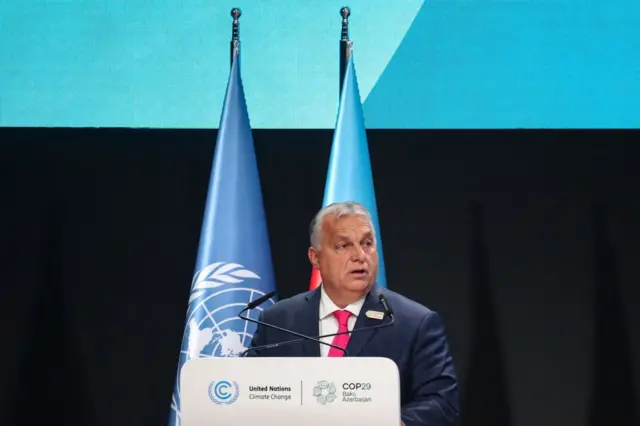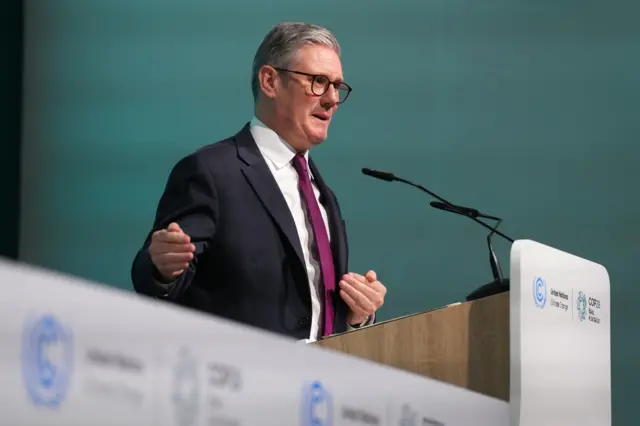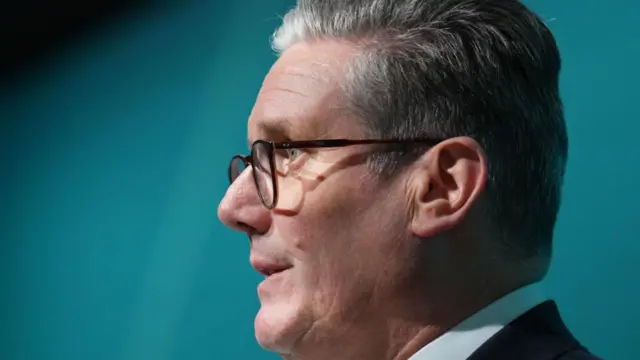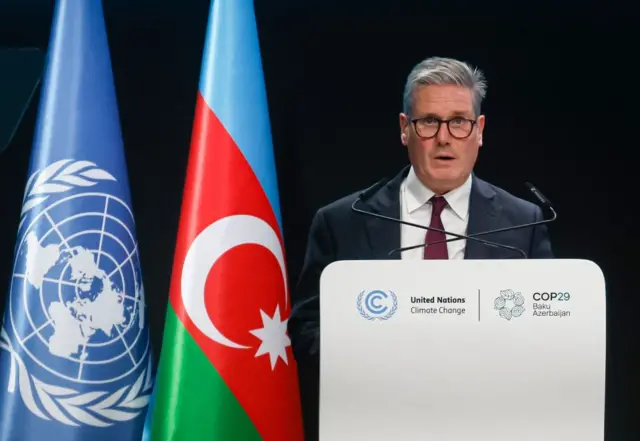That's it from us for now, but COP29 goes onpublished at 17:21 GMT 12 November 2024
 Malu Cursino
Malu Cursino
Live page editor
We're now wrapping up our live coverage for today but we'll be back for more this week from this year's UN climate summit in Baku, Azerbaijan's capital, where leaders representing almost 200 countries have gathered to flesh out how we can tackle the climate crisis.
On the agenda this year is money, money, and more money. Climate financing and how richer countries support developing nations is one of the main goals from COP29.
Our colleagues on the ground will continue to share the latest breaking news lines, and their insights, from Baku.
Until we're back, you can stay across all climate-related news.

